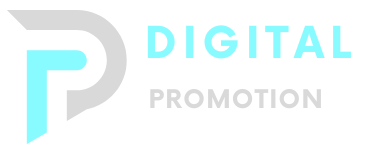An AI Ethical Framework is a structured set of principles and guidelines designed to govern the development and deployment of artificial intelligence systems responsibly. It seeks to ensure that AI technologies are created with consideration for fairness, accountability, transparency, and respect for human rights. This framework guides developers, policymakers, and businesses in making decisions that mitigate risks such as bias, discrimination, and privacy violations.
Implementing an AI ethical framework involves establishing clear standards and practices throughout the lifecycle of an AI system—from data collection and algorithm design to deployment and ongoing monitoring. It encourages stakeholders to engage in regular dialogue about the ethical implications of AI and to consider the broader societal impacts of their technological innovations. By fostering a culture of responsibility and ethical awareness, organizations can navigate the complex challenges associated with AI development.
The adoption of an AI ethical framework not only safeguards against potential harms but also builds public trust in AI technologies. Transparent reporting and accountability measures help ensure that AI systems operate in a manner that aligns with societal values. In doing so, businesses can leverage AI’s transformative potential while upholding ethical standards and contributing to a more inclusive and equitable digital future.
